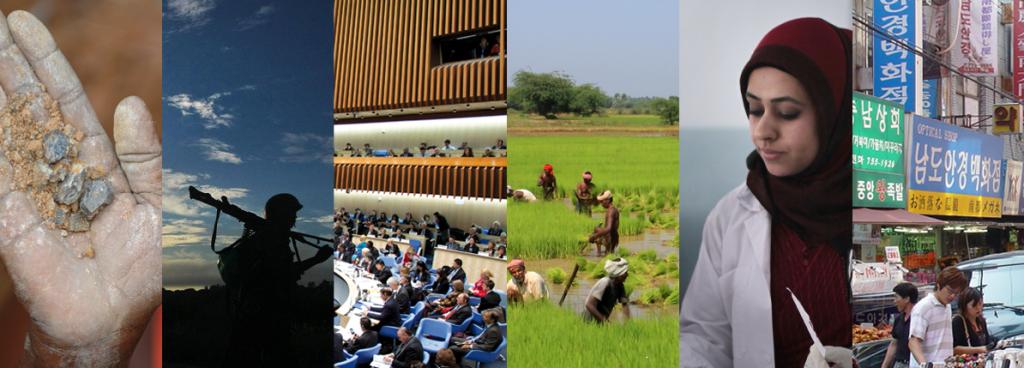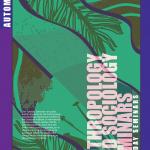ABSTRACT
Within the field of public health, strategies for minimizing and mitigating health risks depend on describing and proving causality and correlation. Risk calculations draw on past experiences with danger, and form the bases for anticipating and planning for future crises. When it comes to modeling in public or global health, the repetitive relationship between the past and future embodied in epidemiologic projections and forecasts are central to explaining misfortune. In this talk, I ask: What kinds of assumptions about people and places, about time, and about danger underlie these projections? What are the stakes of using these models not only to predict disease dynamics and speculate about effective interventions, but also to monetize them for the purposes of generating profit for private investors and delivering financial assistance to cash-strapped governments in the midst of an epidemic?
About the Speaker
Adia Benton is cultural anthropologist with interests in global health, biomedicine, development and humanitarianism and professional sports. Broadly, she is interested in patterns of inequality in the distribution of and the politics of care in settings “socialized” for scarcity. This means understanding the political, economic and historical factors shaping how care is provided in complex humanitarian emergencies and in longer-term development projects – like those for health. These concerns arise from her previous career in the fields of public health and post-conflict development in sub-Saharan Africa and Southeast Asia.
For more information on ANSO Seminars for Fall 2019, click here.




